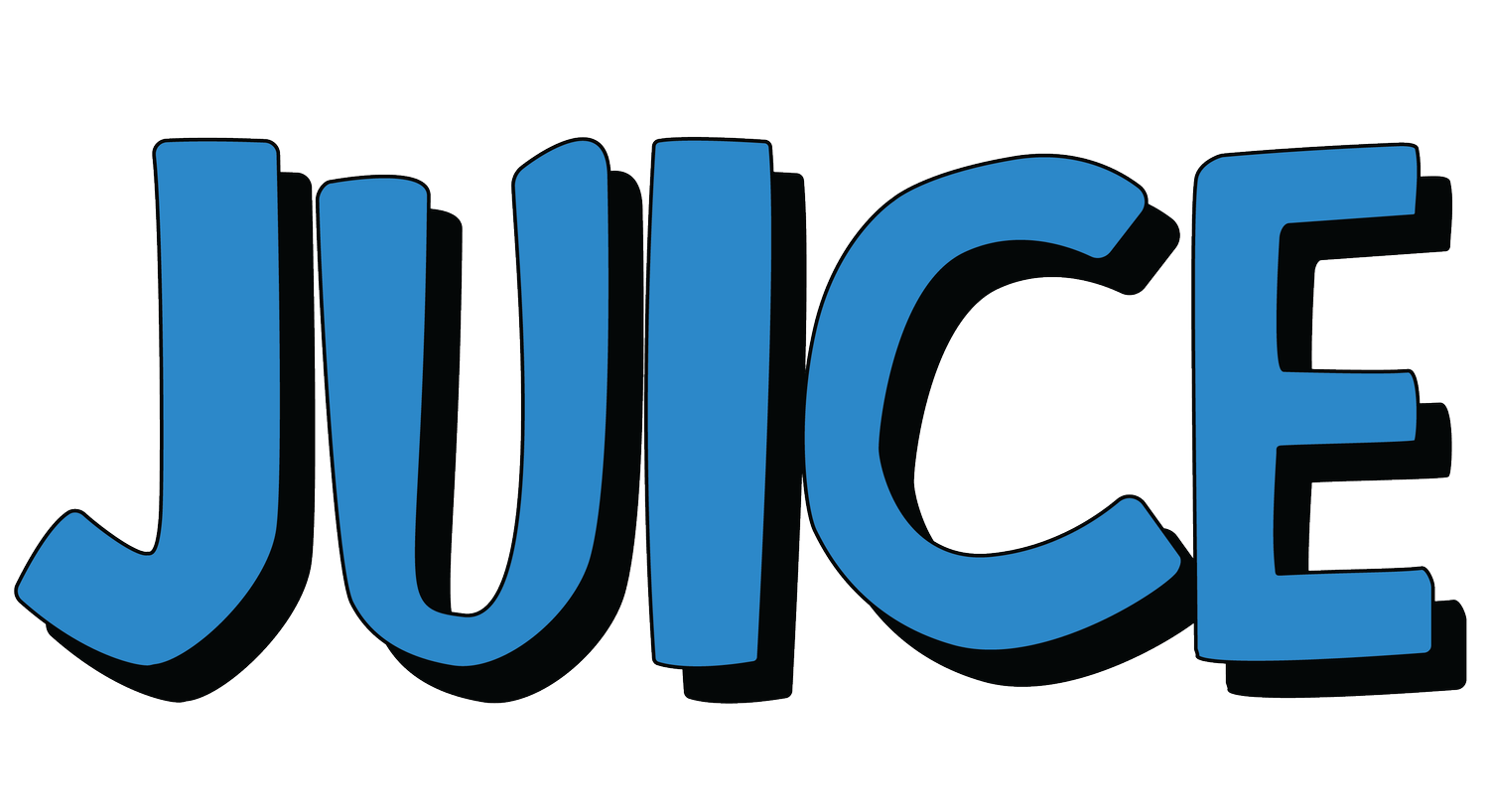MEINKLANG
-
We drive up to Meinklang’s gorgeous little winery with throbbing heads and bleary eyes. It is nestled into the back streets of a small town in Burgenland. The esthetic is half Austrian efficiency, half Japanese wabi-sabi. Nikolas approaches us, beaming. We jump in his car and head towards their farm.
Cheerfully mooing cows greet us; many calves were just born, opening their eyes for the first time. Our hangovers make us equally leery of the light, yet we’re eager to learn and see their incredible operation. Nikolas tells us about their cattle breeding regime and how essential animal husbandry is to biodynamic farming. Their ultimate goal is to produce high-quality wines while minimally interfering with nature. They raise pigs, chickens and goats as well – none of which are killed for meat – to add to the biodiversity and energy of their farm. This is where Austrians come to learn Demeter level biodynamic practices.
-
We then head out into the vineyards. Dozens of small blocks are scattered around the region, interspersed with grazing land, orchards, waterways, and wildland; this is anything but a monoculture. Between the rows, you’ll find ancient grains improving soil structure and returning nutrients to the earth. The odd fruit tree can be found between the rows, providing habitat for predatory birds and other beneficial species. One of their vineyards goes completely unpruned, permitted to find balance independently. These unruly vines seem to be the healthiest and least affected by the frost that ravaged the region only a week earlier.
-
Back at the winery, we see the customary selection of Stockinger barrels and foudres, many of which are decades old. The space is spotless and smells clean yet alive. At the far end of the cellar, we enter a chamber with a loose stone floor and arched ceiling. I’m not one for ‘energies’ and unexplained feelings, but the acoustics in that room makes you feel incredibly grounded and calm. This is where their biodynamic preparations live. A large wooden box contains fermenting cow manure, stinging nettles, chamomile, horsetail, and other vineyard supplements, all of which smell incredible and invigorating.
After re-tasting the wines, it is obvious how each of these decisions affects the quality and style of the final product. Meinklang offers incredible quality for a modest price. The wines are accessible yet inspiring, and we are proud to call them our friends.
MORE FROM AUSTRIA: GUT OGGAU | FRANZ WENINGER | KOPPITSCH
2022 GRÜNER VELTLINER
This wine is made entirely from Grüner Veltliner grown on sandy loam. The grapes are gently pressed into stainless steel where they ferment and age on lees for a short period of time. The wine goes through a loose filter before being bottled with 90ppm total Sulphur. 11% ABV
2023 BURGENLAND RED
Blaufrankisch (50%), Zweigelt (40%), and Sankt Laurent (10%) are planted on sandy loam with a shallow rocky top-soil. The grapes are partially destemmed into stainless steel where fermentation is carried out semi-carbonically. The wine then rests for six months in tank before being racked an bottled with 30ppm of sulphur. 12% ABV
2023 BURGENLAND WHITE
Grüner Veltliner (50%), Welschriesling (40%), and Muskat (10%) are planted on sandy loam with a shallow rocky top-soil. The grapes are destemmed and pressed into stainless steel where fermentation starts spontaneously at low temperatures. The wine is chilled with 7g/l residual sugar left and lightly pre-filtered for stability. After a period of settling in tank, the wine is bottled with 71ppm Sulphur.
2023 PROSA
This sparkling rosé is made from a combination of Pinot Noir, Zweigelt, and Blaufränkisch. The grapes are direct pressed into stainless steel to ferment. The charmant method is used to trap CO2 and render the wine bubbly. It is loosely filtered and stabilized with 70ppm of Sulphur before bottling.
2023 EPIC
This cuvée is made from Welschriesling, Muskat, and Grüner Veltliner. The grapes are gently pressed into stainless steel for fermentation. The tank is sealed to capture CO2, and the wine is bottled under pressure; this is the Charmat Method used in Prosecco production.
2023 WEIßER MULATSCHAK
This wine is made from a blend of Welschriesling, Pinot Gris, and Traminer from biodynamically farmed vineyards. The grapes are crushed into stainless steel where they ferment on skins for five to seven days before being pressed off. After some additional time on lees, the wine is bottled unfined and unfiltered with minimal sulphur (25ppm). Mulatschak is a local word meaning a celebration.
2020 ROTER MULATSCHAK
This wine is made from a combination of Zweigelt and Sankt Laurent. Whole-clusters were added to a stainless-steel tank and fermented for a week before being pressed off back into tank. After a short élevage time, the wine was racked and bottled without fining nor filtration. 11.5% ABV













